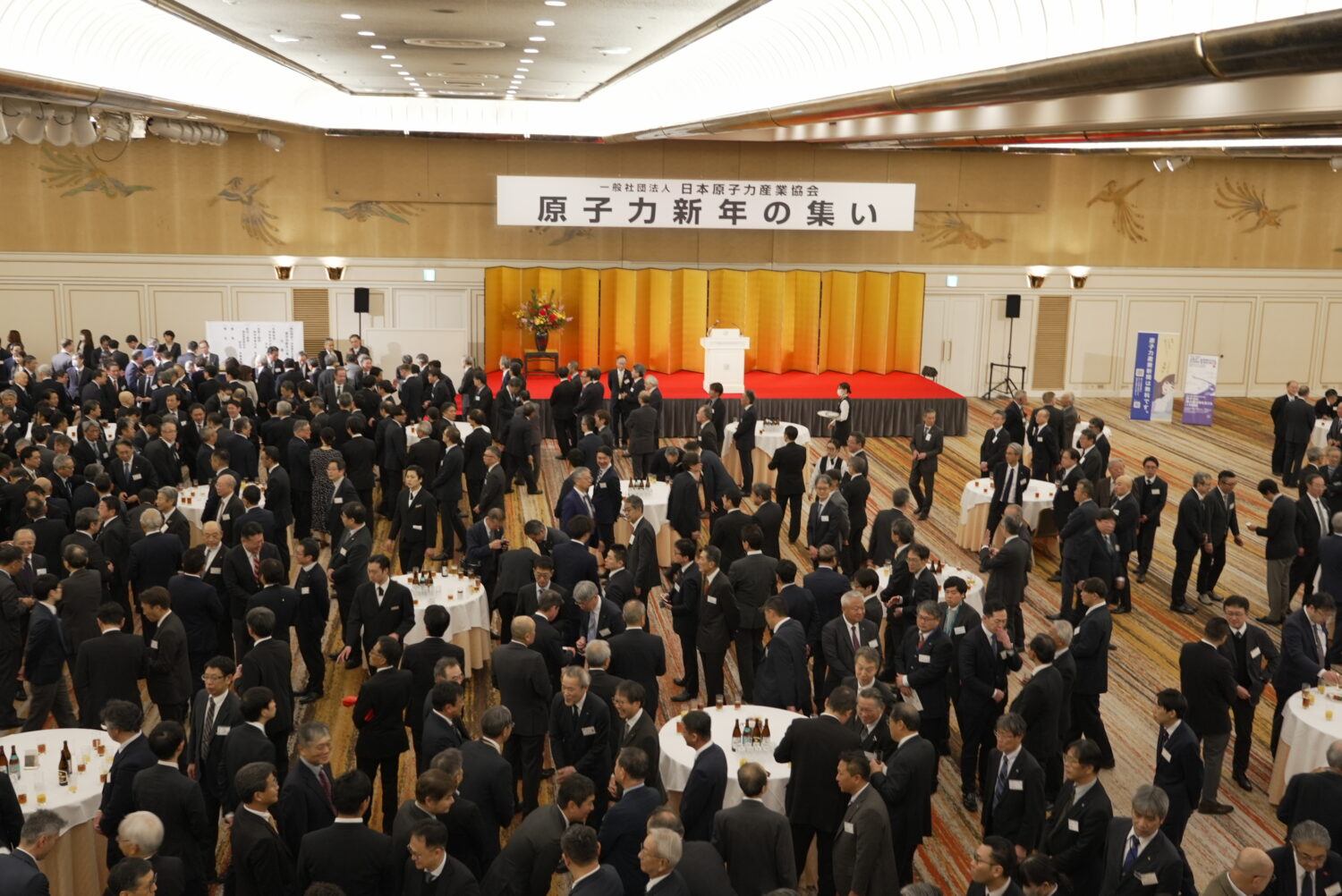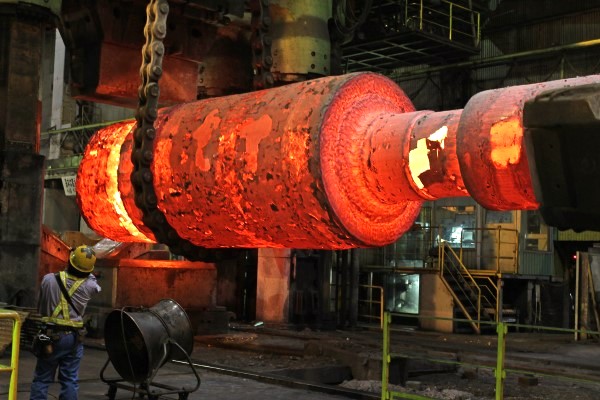In its report, the IEEJ said that it expected the domestic energy supply to increase by 0.9% from FY14 (April 2014 to March 2015) due to the economic recovery. It also said that final energy consumption, which decreased during the current fiscal year, will rebound in the next.
Looking at the situation overseas, including sharply declining crude oil prices, the report said that a sturdy energy supply-and-demand structure needs to be developed and established for steady growth to occur without “ups and downs.”
Meanwhile, in reference to nuclear power — positioned as an important base-load power source in the national strategic energy plan — the report calculated the time required for reactor compatibility examinations under the new regulatory standards, outlining various scenarios. It pointed out that restarting Japan’s nuclear reactors, currently all off-line, is bound to have a great effect on the country’s economy, environment and security.
According to the scenario so-called “nuclear mid-level case,” two reactors were expected to restart by the end of the current fiscal year (i.e., by March 31, 2015). Between April 2015 and March 2016, nine more reactors were expected to be restarted, based on progress of the examinations so far, assuming three review teams are assigned. Those nine units were expected to average six months of operation during the fiscal year.
In that case, nuclear-generated electricity would only amount to less than two months’ worth of what it was in FY10 (April 2010 to March 2011). Total fossil fuel imports would thus increase by JPY1.9 trillion, and CO2 emissions by 45Mt.
In macroeconomic terms, the report foresaw a 0.6% economic contraction for Japan in the current fiscal year (ending March 2015) compared with the year before, primarily due to the rate increase in the consumption tax (described as a value-added tax, or VAT, in the report) from 5% to 8%. In contrast, the economy was expected to grow by 1.8% in the upcoming fiscal year due to rising domestic demand stemming from the economic recovery.
In 2014, energy costs represented a burden of more than JPY300,000 (around USD2,530 at current exchange rates) on the average Japanese household, with the proportion of those costs in total consumption rising to 8.6%. Both figures represent historical highs. Although lower international energy prices in the upcoming fiscal year should reduce that burden slightly, to JPY290,000 (around USD2,450), those savings may be erased higher electricity prices.











-013.jpg)



